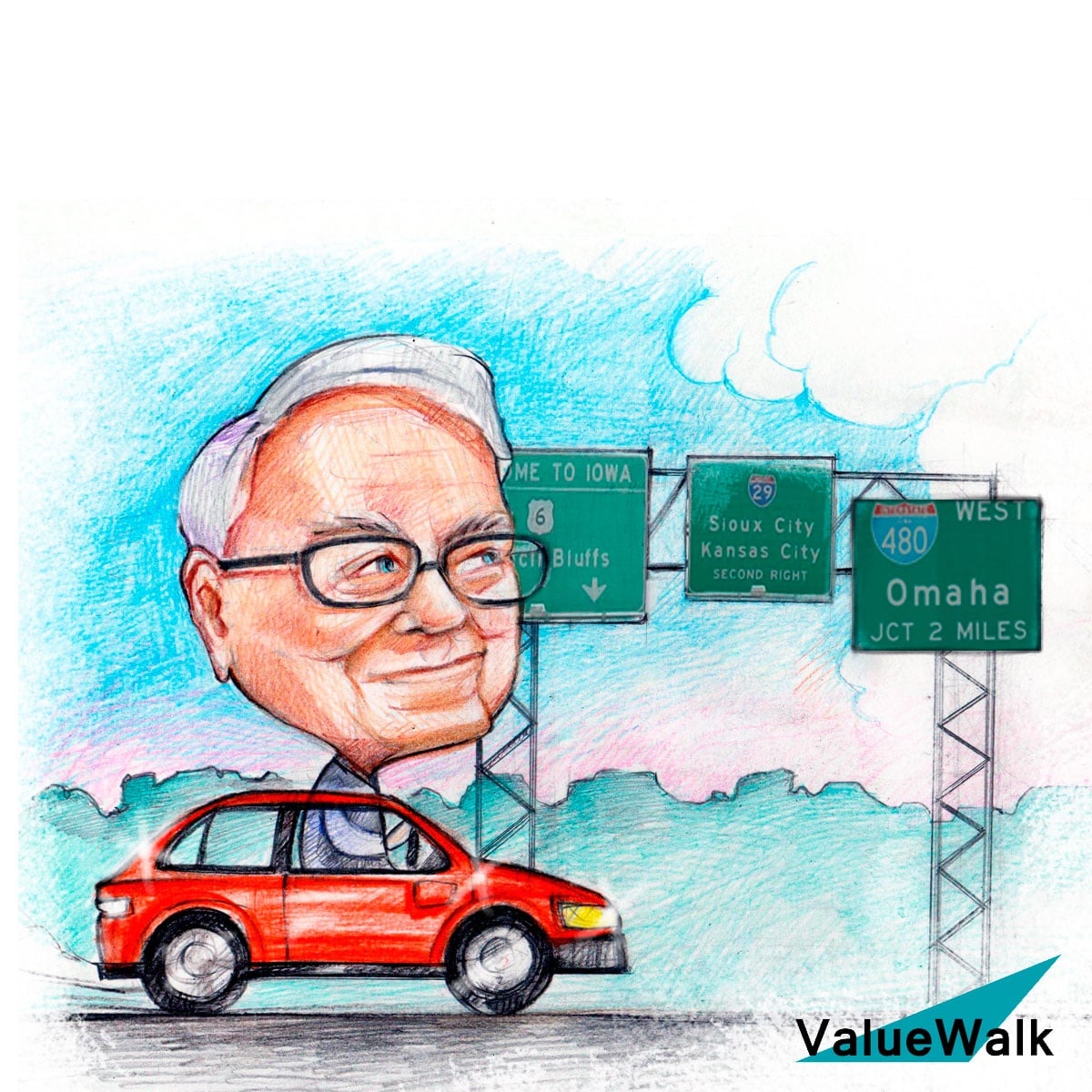Groucho Marx – yes, that Marx – as Otis P. Driftwood in “A Night at the Opera” (1935), insistently proposes to Margaret Dumont, widowed Mrs. Claypool, as he eyes her newly inherited eight million dollars.
Q1 2021 hedge fund letters, conferences and more
Incentives
Ever sly Groucho deflects inferences regarding incentives:
“You can hardly call me a fortune hunter. Because when I first proposed to Mrs. Claypool I thought she had seven million dollars. But the extra million has never interfered with my feelings for her.”
Groucho’s witticism contains a profound but little-observed truth:
There is scant difference between enjoying eight or seven million dollars.
But all the difference in the world between a million and none.
In finance none is the loneliest number.
The number where most of us begin.
As legendary investor Charlie Munger plainly observes, first steps out of poverty are the toughest:
“The first $100,000 is a bitch, but you gotta do it. I don’t care what you have to do—if it means walking everywhere and not eating anything that wasn’t purchased with a coupon, find a way to get your hands on $100,000.00. After that you can ease off on the gas a little bit.”
Why suffer for that first $100K at the beginning of a worklife, when it’s tough to just earn a living?
Isn’t it easier to wait, save it later, as earning power increases?
Well, Charlie likes to leave a little mystery in his pronouncements.
Solving Charlie's Mystery
Let’s solve that mystery.
Let’s compound Charlie’s $100K over an uninterrupted fifty-year worklife, in an untaxed retirement account, earning anywhere from 4 to 10% per annum.
Note that final figure of 10% is the historic return of the S&P 500, which Charlie has warned may not characterize future years, so lesser numbers are included:
4% - $731,601
5% - $1,199,516
6% - $1,996,302
7% - $3,212,799
8% - $5,248,486
9% - $8,563,737
10% - $13,956,389
Shocked?
You have company.
Most people simply don’t understand the power of compounding.
“The greatest shortcoming of the human race is our inability to understand the exponential function. - Albert Allen Bartlett, Physicist
That’s how tens of millions of your fellow Americans get sucker-punched each month by compound interest on credit card debt.
The Snowball
"The Snowball" - the most recent Warren Buffett biography - is Warren’s metaphor for the safest and most certain road to wealth accumulation:
Roll a well-packed financial snowball down the longest hill you can find and watch it grow!
Charlie's number for that snowball: $100K.
Why a long hill?
The earliest start - when you are young - for the longest time frame grants the greatest compounding and wealth accumulation over the hill of your lifetime.
Intuitive?
Not one bit.
Powerful?
As Charlie says,
“Understanding both the power of compound interest and the difficulty of getting it is the heart and soul of understanding a lot of things.”
Albert Einstein, the physicist who divined the relationship of matter and energy in the simple formula, E=mc2, reputedly said:
“Compound interest is the most powerful force in the universe. Those who understand it, earn it. Those who don’t, pay it.”
With apologies to poet John Keats,
“Wealth is compounding and compounding is wealth. That is all Ye know on finance and all ye need to know.”
Would Ye know more, of life and finance, dare not miss Warren and Charlie, together again on the financial world stage, at the annual Berkshire Hathaway meeting, at https://finance.yahoo.com/brklivestream
on Saturday, May 1 at 12:30 PM ET.






